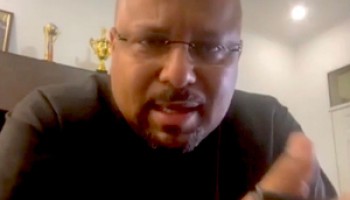“Police Scotland has now received seven complaints in relation to donations that were made to the Scottish National Party. After assessment and consultation with the Crown Office and Procurator Fiscal Service, we will now carry out an investigation,” a spokesman for the Scotish police said in an email to the OCCRP on Thursday.
This news comes on the heels of multiple resignations within the span of two months from SNP members who were complaining about a lack of transparency within the party.
SNP treasurer, MP Douglas Chapman, quit in May saying he wasn’t given enough information about the party’s finances to do his job. MP Joanna Cherry of the SNP national executive committee, resigned afterwards citing similar concerns.
Previously, before enough complaints had been issued, the police had been merely “assessing” the situation. Now they will formally investigate.
The seven complaints center around how the party used £666,953 (around US$900,000) donated between 2017 and 2020 for a campaign for Scotish independence. But only around half of this money has beenaccounted for — £97,000 (US$134,000) in the bank and £272,000 (US$377,000) in assets. The rest is missing.
The current treasurer, Colin Beattie, and the head of the party, Nicola Sturgen, have both tried to reassure the public that all the money will be put toward its intended purpose. "Every penny we raise to support the campaign for independence will be spent on the campaign for independence,” Sturgen told U.K. media.
But, media reported that in an SNP national executive meeting statement, issued last month, only £57,000 (US$79,000) has been recorded as spent on campaigning.
Beattie has defended this saying: “We will ensure that an amount equivalent to the sums raised from these appeals will go directly to our work to secure a referendum and win independence.”
But the public is no longer relying on the politicians’ promises, and are glad to have the police on the case. A political blog, Wings Over Scotland, responded to the news of the investigation: “We look forward to the eventual outcome.”






